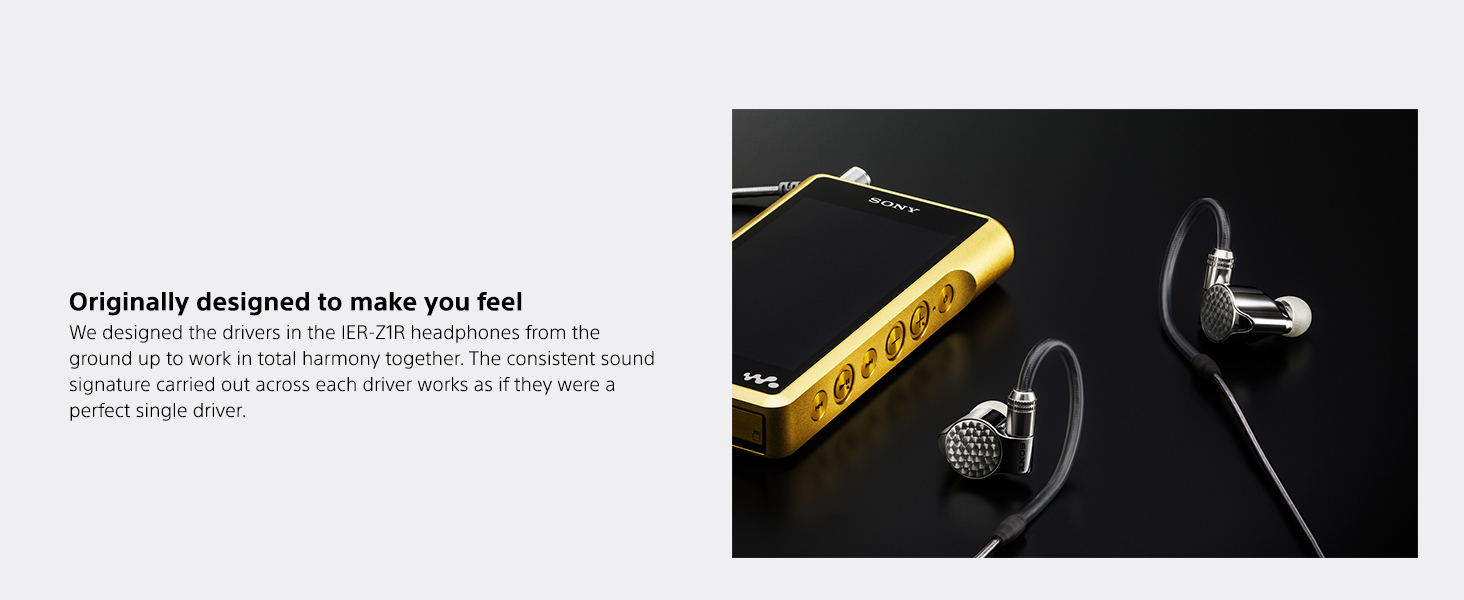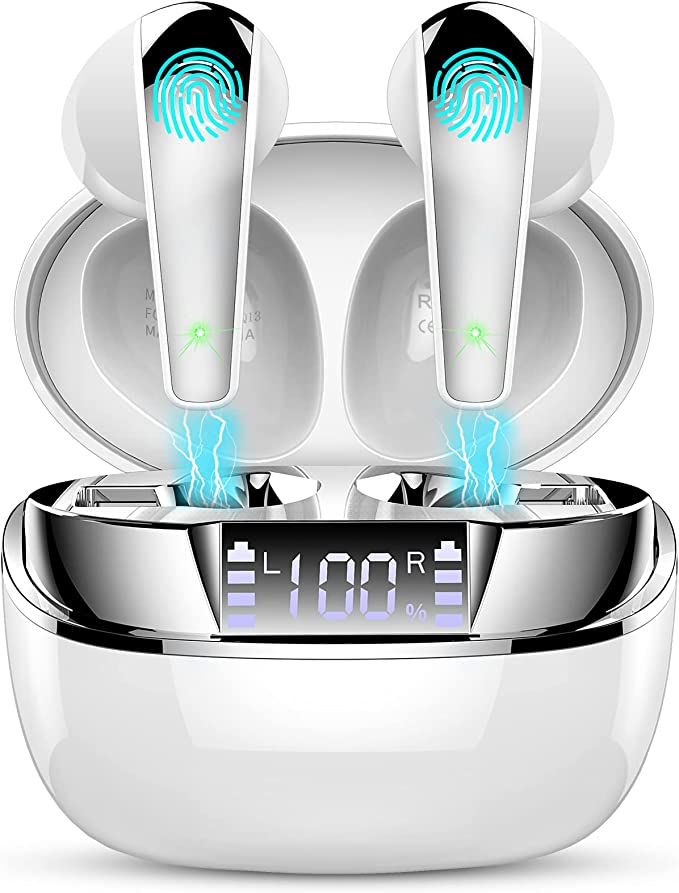Beyond the Bean: The Psychology of Crafting Your Morning Coffee Ritual
Update on Oct. 15, 2025, 2:52 p.m.
For millions, the day doesn’t truly begin until the first sip of coffee. We often attribute this to a simple chemical need: caffeine. But what if the power of that morning cup has less to do with the stimulant itself and more to do with the ceremony we build around it? What if the simple act of making coffee is one of the most powerful psychological tools we have for bringing order, focus, and intention to our day?
This isn’t about the beans or the machine, but about the space between waking and working. It’s an exploration of the psychology behind our most cherished routine, and how, with a little awareness, you can transform a simple habit into a high-performance ritual that sets the stage for a more productive and centered day.

The Architecture of a Habit: Deconstructing Your Coffee Urge
In his book “The Power of Habit,” Charles Duhigg explains that every habit follows a simple neurological loop: the Cue, the Routine, and the Reward. Our morning coffee is a textbook example.
- The Cue: This is the trigger that tells your brain to go into automatic mode. It could be the sound of your alarm clock, the act of stepping out of bed, or simply the time on the clock.
- The Routine: This is the physical, mental, or emotional action you take. It’s the familiar walk to the kitchen, the scoop of the beans, the click of the capsule, the whir of the machine. It’s a sequence of micro-actions you perform almost without thinking.
- The Reward: This is what satisfies the craving and tells your brain this loop is worth remembering. We think the reward is the caffeine, and it certainly is a reward. But the true, multi-layered reward is far more complex: it’s the rich aroma filling the kitchen, the warmth of the mug in your hands, the first bitter-sweet taste, and the five minutes of quiet solitude before the day’s chaos begins.
Understanding this loop is the first step to appreciating that our deep-seated need for morning coffee is a craving for the entire comforting and predictable process, not just its chemical payoff.
From Routine to Ritual: Finding Meaning in the Mundane
But for many of us, this sequence runs deeper than a simple habit. When we imbue this routine with intention and focus, it transcends automation and becomes a ritual. A habit is something you do; a ritual is something you experience. Rituals are powerful because they provide a sense of control and order in a world that is often chaotic. The 5-10 minutes you spend making coffee may be the only part of your day where you are in complete command, setting a stable foundation from which to launch into the unpredictable.
The power of the coffee ritual lies in its sensory nature. It’s a natural mindfulness exercise. * Sound: The clink of the cup, the grinding of beans, the gentle hum of the machine. * Smell: The explosive aroma when hot water first hits the grounds—a scent deeply linked to memory and comfort. * Sight: Watching the dark liquid stream into your cup, the swirl of crema. * Touch: The reassuring weight and warmth of the mug.
By consciously paying attention to these sensory inputs, you pull your mind away from anxious future-planning or groggy morning fog and anchor it firmly in the present moment.
But what role does technology play? Does a hyper-efficient, one-touch machine like a modern multi-capsule maker diminish the ritual? Not at all. The power of a ritual lies in its intention, not its complexity. For someone with a hectic morning, the ritual might not be about the 20 steps of a manual pour-over. It might be about the single, deliberate act of choosing a capsule, placing it in the machine, and taking three deep breaths while the coffee brews in 30 seconds. Technology, in this case, doesn’t erase the ritual; it makes it accessible, compressing a moment of mindful transition into a sliver of time that anyone can afford.

Your Best Day Starts with a Deliberate Sip
Whether your ritual involves a complex pour-over, a French press, or the simple act of inserting a capsule into a machine, the underlying psychology remains the same. The magic isn’t in the method; it’s in the moment you consciously create for yourself.
By treating your morning coffee not as a mindless chore to get caffeine, but as a deliberate ceremony to start your day, you do more than just wake up your body. You align your mind. You are signaling to yourself that you are in control, that you are starting the day with a moment of quiet pleasure, and that you are ready for whatever comes next. It’s the most delicious form of self-care, and it’s waiting for you on your kitchen counter every single morning.


















